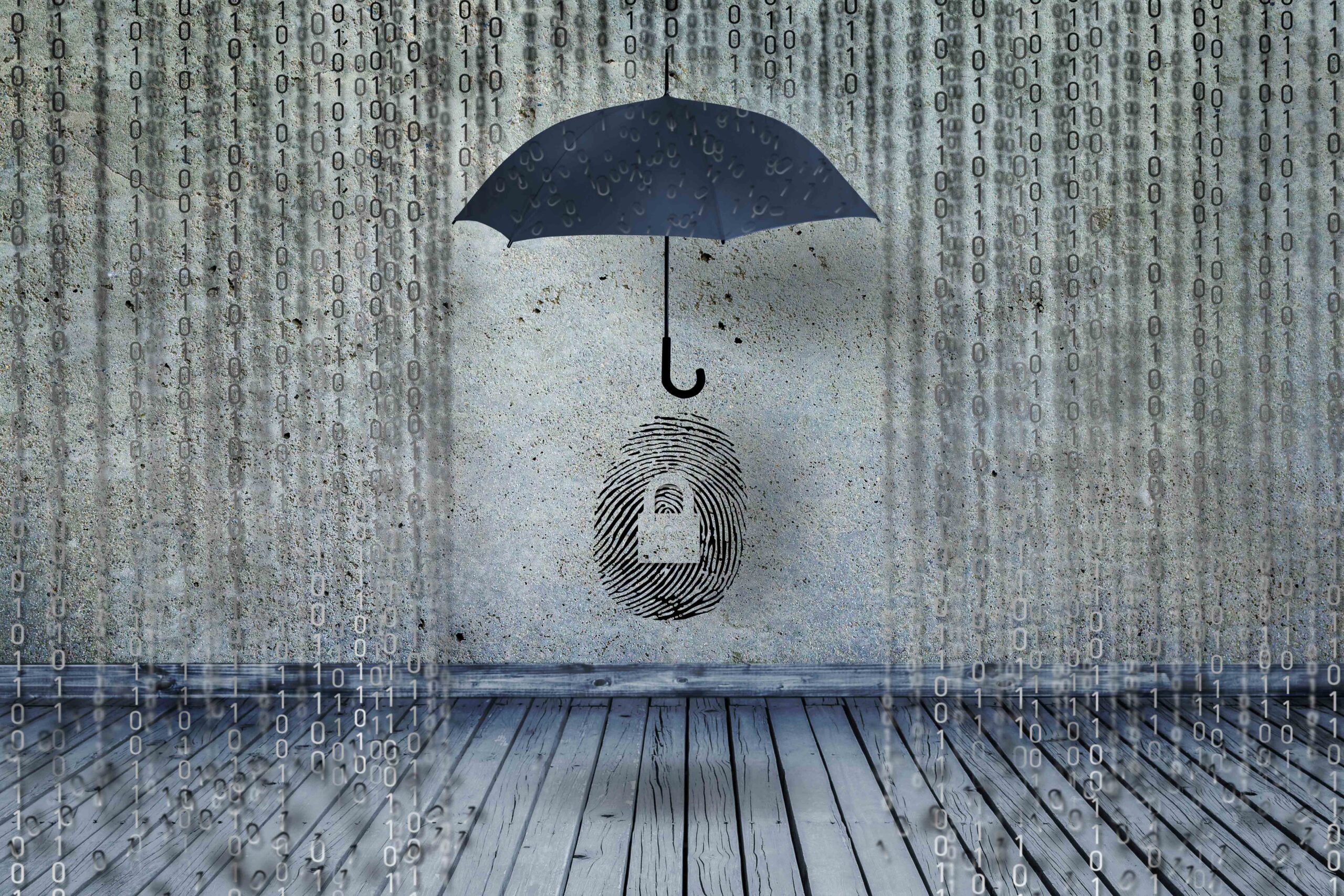THE RIGHT TO PRIVACY
What exactly is the right to privacy and how important is it? In his current research project, philosopher Leonhard Menges is working on developing a theory to provide guidance on specific questions of informational privacy.
Edward Snowden’s revelations have shown that US and British intelligence agencies have had access to the private data of many millions of internet users. The company Cambridge Analytica used information from 87 million Facebook users – mostly without their consent – to run political campaigns based on their profiles. The social credit system in China uses facial recognition software, among other things, to identify low-scoring people on the street and alert the public on large screens that they are nearby.
Philosophical ethics in search of answers
Many people who become more aware of these developments in recent years have the impression that people’s right to privacy has been violated here. For one, this means the legally secured rights that are protected, for example, by the General Data Protection Regulation. But that cannot be the whole story. Some actions by state institutions and companies seem to violate the right to privacy, even if they do not violate any applicable laws – as in the China example.
A typical function of philosophical ethics is to investigate such concerns and thoughts and to get to the heart of them as concisely as possible: What exactly is the right to privacy? How can it be justified? And how should we, in view of this right, deal with these developments? These are the central questions discussed in the philosophical debate on the right to privacy, and which Dr Leonhard Menges from the Department of Philosophy at the Faculty of Cultural and Social Sciences is trying to answer in his research.
Right to privacy = right to authorship?
The starting point is the much-discussed thesis that the right to privacy is the right to control what happens to personal information. In his paper, Menges shows that most attempts to flesh out this idea fail. His suggestion is that we should understand the right to privacy as a right to sourcehood of informatioon flows. It is a right to have our personal information circulate only when we are the right kind of source of this circulation.
A right to privacy understood in this way can be well justified. It protects us from discrimination, for example. If this right is respected, then our future employers will only find out about our health condition if we are the source of this flow of information.
The book of our lives
It also protects our personal autonomy. Joseph Raz suggests that our autonomy consists in our being the authors of the book of our own lives.
An example: If someone were to use our medical records without our permission (and thus be the initiator of this flow of information), then that person would be adding a line to the book of our lives that we did not write. This would undermine our personal autonomy.
In short, we are protected from such interference as long as information about us only flows when we are the source of this information flow.
How does this theory help us deal with the challenges that companies and government institutions face? This is one of the guiding questions of Leonhard Menges’ future research: “To answer it, we need to understand how important it is to be the source of information flows. We also need to get a better understanding of how companies and institutions allow personal information to flow, bypassing our authorship.”
____________________________________
Dr. Leonhard Menges is an assistant professor in the Department of Philosophy at the Faculty of Cultural and Social Sciences at the PLUS.
In 2021, Menges received the International Grand Prize for Science & Research of the City of Salzburg worth 12,000 euros. As part of the Cultural Fund Awards, the City of Salzburg honours remarkable achievements in the fields of art & culture and science & research. The focus of the International Grand Prizes was on the topics of digitalisation and media art. Leonhard Menges was awarded for his work on questions of informational privacy in the face of the increasing digitalisation of society.
Press release from the City of Salzburg (in German): stadt-salzburg.at/presseaussendungen/ausgezeichnete-kunst-wissenschaft-kulturfondspreise-der-stadt-salzburg-2021/





